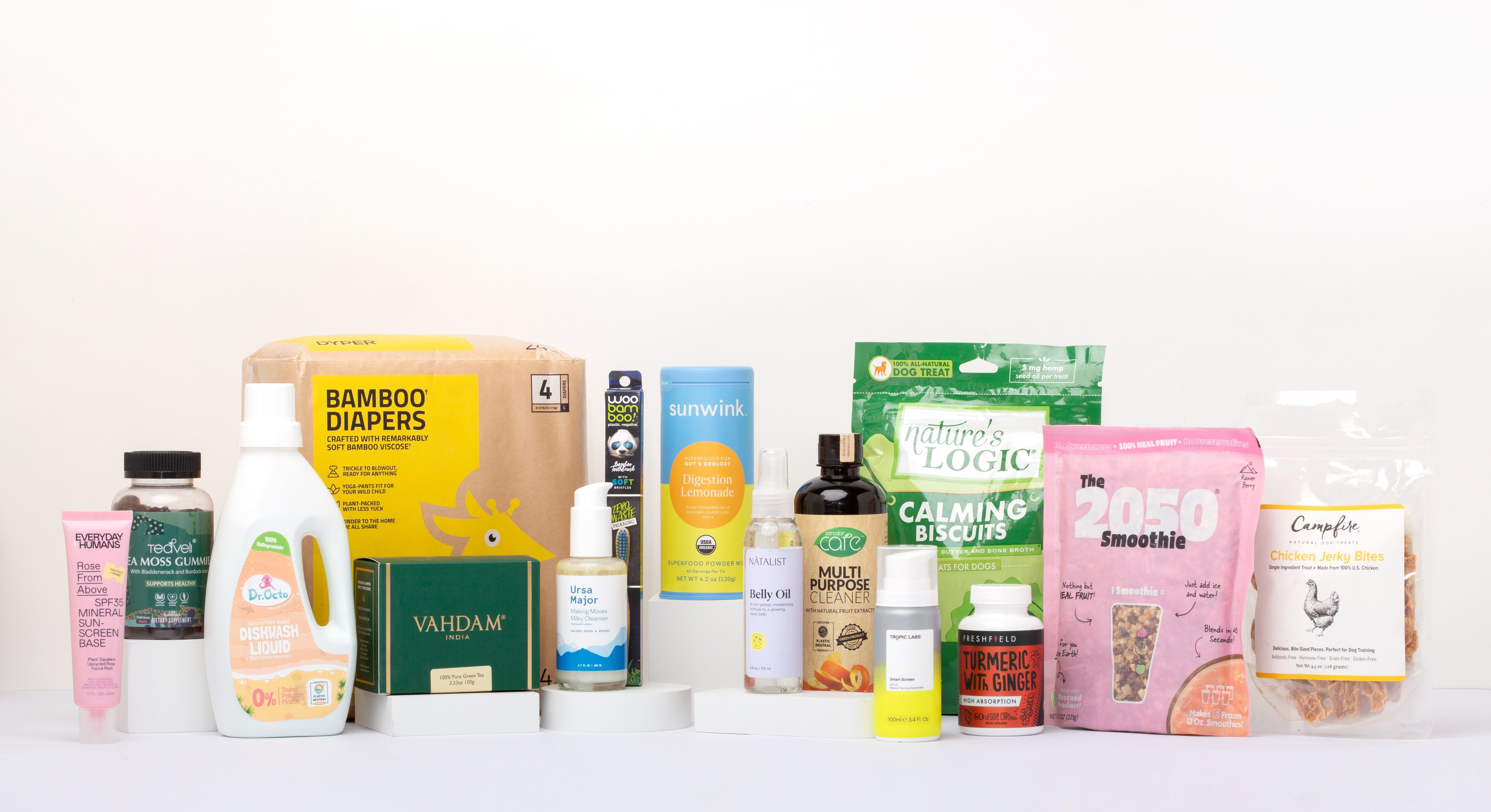EPR Foundations: Who is a Producer?
Know who qualifies as a "Producer" under Extended Producer Responsibility (EPR) laws. Producers include manufacturers, importers, and private-label retailers responsible for packaging waste. They must register, report packaging data, and pay fees to fund recycling programs. Understanding producer obligations ensures compliance with regulations in states like California, Colorado, and Oregon.
Extended Producer Responsibility (EPR) for packaging is a policy approach that holds producers accountable for the entire lifecycle of their products, especially the end-of-life stage. In the United States, EPR aims to shift the financial and operational burden of waste management from municipalities to the producers themselves. This encourages companies to design more sustainable packaging, reduce waste, and improve recycling rates.
Producer Decoded in Simple Terms
In the context of Extended Producer Responsibility (EPR) for packaging in the United States, a "Producer" is defined as any entity that manufactures, imports, or sells packaged goods. This includes companies that place packaging on the market under their own brand, importers of packaged goods, and retailers who sell private-label products. Producers are responsible for the lifecycle of their packaging, from design to disposal.
Under EPR laws, producers must register with the Circular Action Alliance (CAA), report the types and quantities of packaging materials they use, and pay associated fees. These fees fund recycling and waste management programs, ensuring that producers contribute to the environmental impact of their packaging. Compliance involves understanding state-specific regulations, such as those in California, Colorado, and Oregon, and meeting deadlines for registration and reporting.
Not sure if you are liable as a producer?
Getting Started: EPR Compliance Resources for SMEs
The EPR compliance hub from rePurpose Global can automate in 1-click what would otherwise take you over 3 months of manual effort. It quickly compiles CAA reports, estimates fees and tax liabilities, and keeps you updated on emerging regulations, including labeling laws, PCR mandates, and 90+ packaging regulations in North America. With Oregon's reporting deadline on March 31st, immediate action is crucial to avoid financial penalties. Reach out to us for a stress-free, reliable solution.
Get Started with Verified Plastic Recovery for your Brand
Get Started with Packaging EPR Compliance for your Brand
rePurpose Global is here to support your sustainability roadmap with impactful and measurable Plastic Action solutions that deliver immediate results. Partner with us to measure your plastic footprint, fund plastic waste recovery, and create strong sustainability messaging for your brand.
Talk to our team to explore how we can work together.
rePurpose Global's EPR compliance platform is here to support you in preparing for the upcoming regulations in multiple states in the US and comply with no errors. Partner with us to create detailed assessment reports, pre-empt fees and reduce time & cost involved in the process.
Talk to our team to explore how we can work together.

Related Posts
EPR Compliance: Why Comprehensive Reporting is the Best Choice—Even for Small Businesses
This article talks about the different reporting methods that Oregon EPR provides. It also delves into how to select the best option for SMBs. While flat-fee and no-reporting options may seem more convenient, the reality is that comprehensive reporting is the smartest choice to optimize costs, ensure long-term compliance, and maintain a strong sustainability reputation.
EPR Foundations: What does Covered Products mean?
Know what qualifies as "Covered Products" under Extended Producer Responsibility (EPR) laws. These include packaging materials, paper products, and food serviceware that producers must manage through collection, recycling, and disposal. Understanding covered products ensures compliance with regulations and helps companies adopt more sustainable packaging practices while meeting state-specific EPR requirements.
EPR Foundations: What is the Circular Action Alliance?
Learn how the Circular Action Alliance (CAA) supports producers in complying with Extended Producer Responsibility (EPR) laws. As a Producer Responsibility Organization, CAA helps businesses manage packaging waste, navigate state-specific regulations, and streamline reporting. Understanding its role is key for companies aiming to align with sustainability goals while meeting compliance requirements.

.png)




.png)








